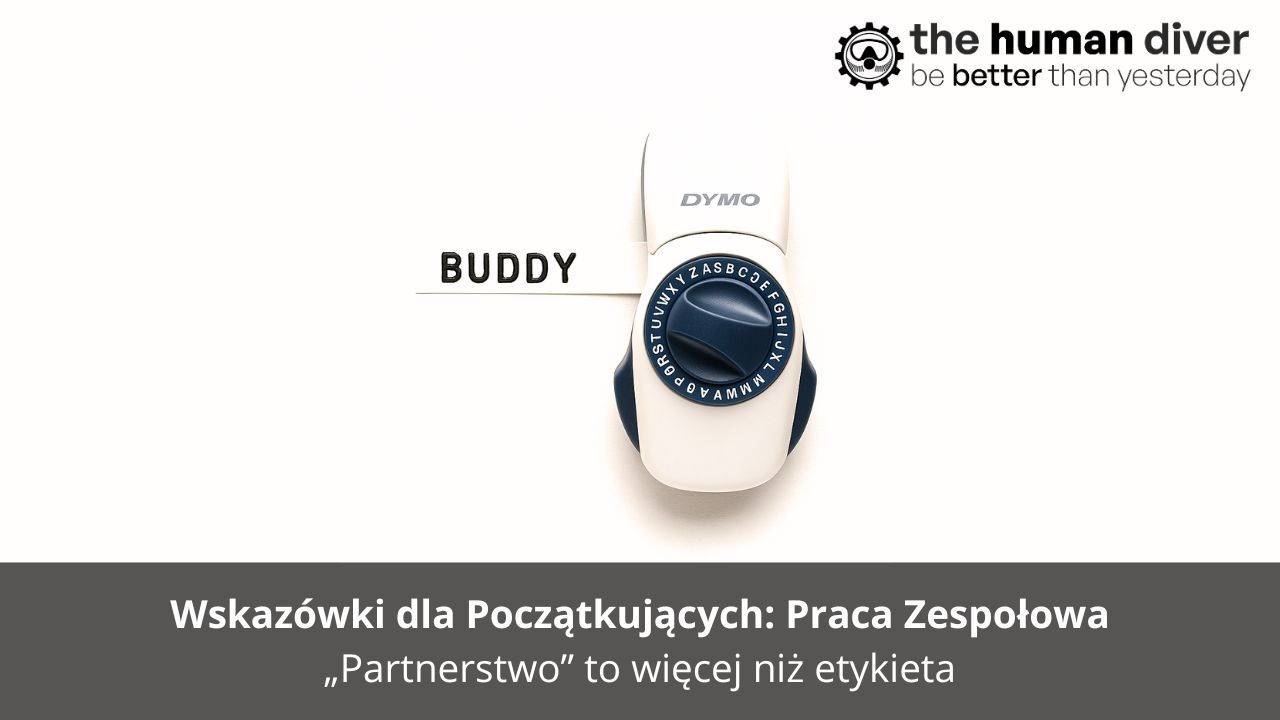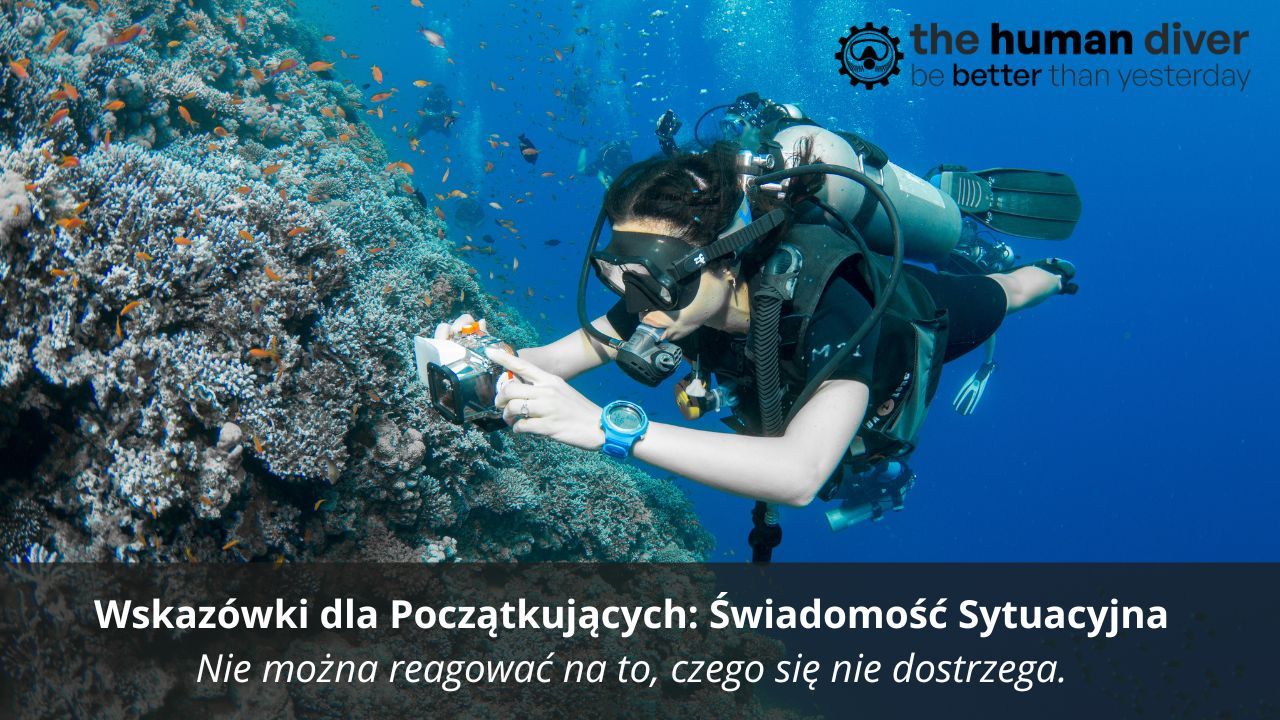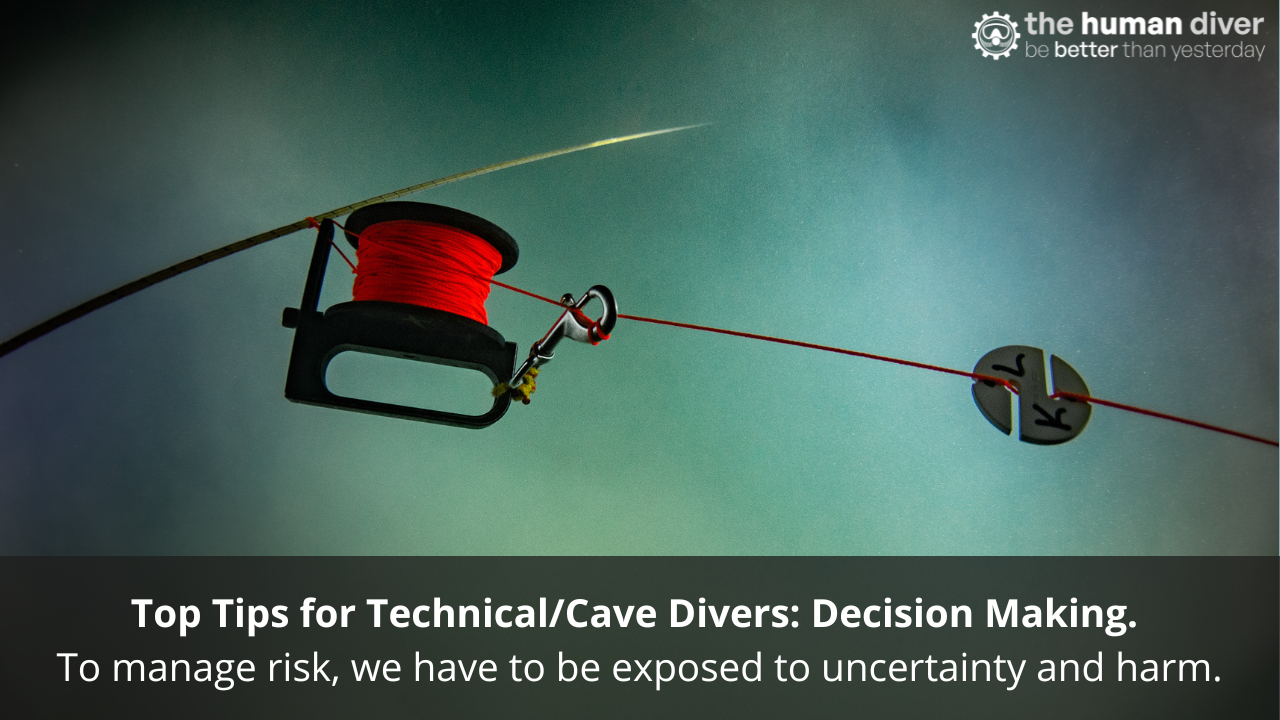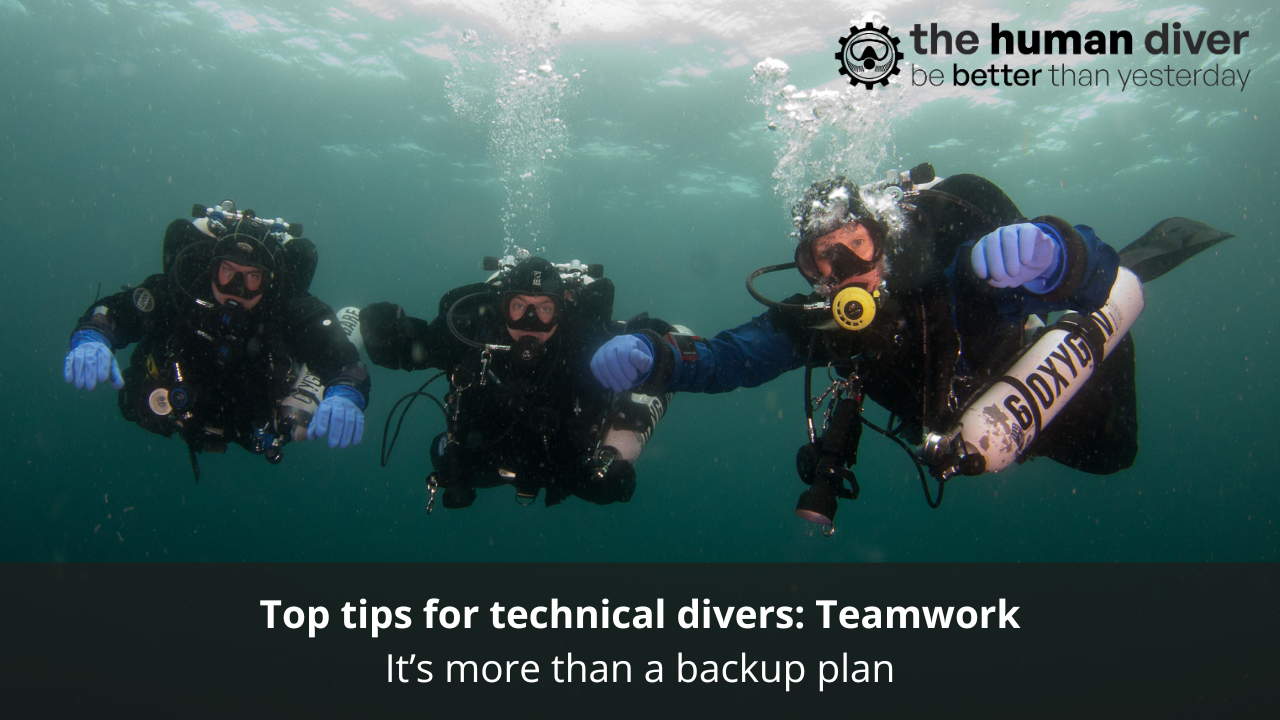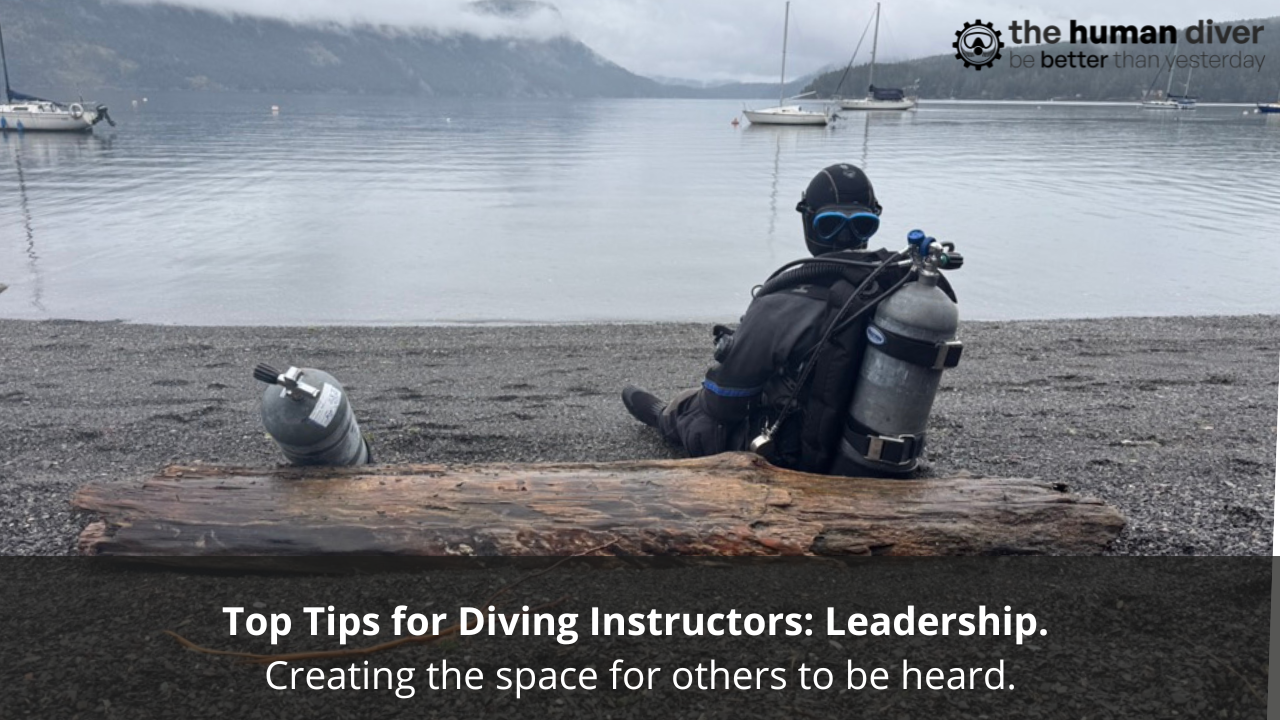
Hot, hot, hot- Challenges of diving in the heat
Aug 23, 2023At the risk of proving national stereotypes, we need to talk about the weather. It’s not been the best this summer, or at least not if you live in Europe, parts of Asia, the UK or Canada. In those regions there have been everything from record breaking heat waves to damp, miserable rain, with a ridiculous number of fires thrown in for good measure. Here in Egypt it’s been hot. I know that’s expected but this year has seen excessively high humidity, something we don’t normally get. What’s that got to do with human factors? Simply that the weather is a factor we don’t often think about affecting us. Sure, we consider wind, tides, rain, visibility etc but heat? Aside from not wanting to put on a thick rubber suit, surely it doesn’t affect us that much right? I’d always thought so, after all, those of us from cooler climes deliberately seek warm temperatures for our holidays when we can. However, I have come to the unpleasant realisation of quite how much it affects our brains. Mine seems to have turned to mush. I’ve left my water running, my gas on and struggled like mad to do any form of work that has involved any thinking. A quick poll of my friends and colleagues has shown I’m not alone in this.

A 2018 Harvard study looked at the difference in cognitive function between students living with and without air conditioning (AC) during a heat wave. There was around a 13% decrease in reaction time for the group who didn’t have AC. When you add in sleep loss and dehydration because of the heat, you can see how this starts to become a problem for us as divers.
In most resort areas divers come for a relatively short holiday, normally one or two weeks which doesn’t give long enough to acclimatise to the weather. I’ve seen this effect divers in many ways, both physically and mentally. Many new students aren’t dive fit, and a fair few experienced divers may not be quite as dive fit as they thought they were. Combine that with jet lag or travel weariness and perhaps a drink or two too many the night before and the physical effects are obvious. It also has a huge effect on mental capacity. For students, this can mean that simply learning a new skill can become more difficult than usual and may not be absorbed quite as well as they usually would. For experienced divers it can mean flawed decision making, an inability to stay focused and slower reactions. This was proved in a different study by Cheema and Patrick which showed a decrease in cognitive flexibility, which is the ability to switch between different tasks and mental sets. They looked at making complex decisions with the temperature at 25C (77F) compared to making them at 19C (67F), not even that extreme temperatures.
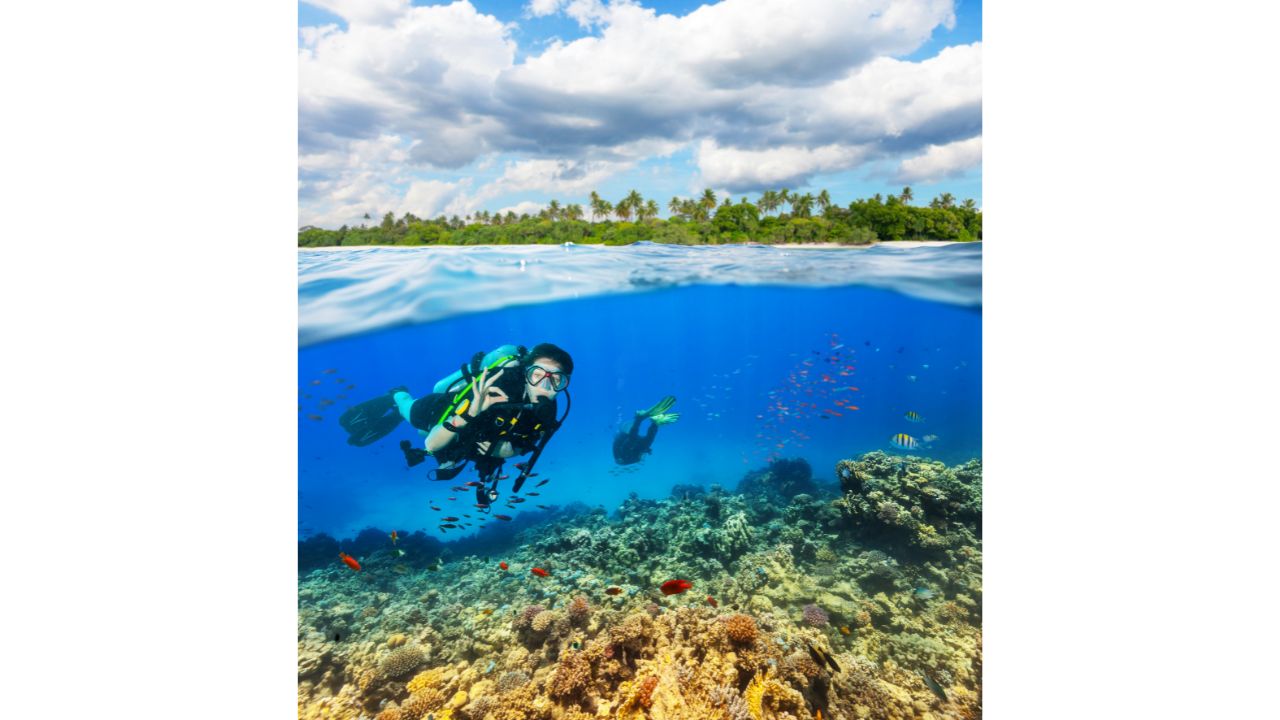
Additionally they found:
- The impairment was more pronounced in people who were already feeling stressed or fatigued.
- The impairment was also more pronounced in people who were trying to learn new information.
- The impairment was temporary and disappeared once the people were cooled down.
Stressed, fatigued and learning new information? All conditions learner divers can easily find themselves in.
This creates a double problem for people going to a hot country for a diving holiday. If you’re too hot it will impair your abilities but if you crank the AC down too cold, sinus issues may occur. So a compromise is required for healthy diving. The study also found that the impairment was worse in people who were not used to hot weather. This suggests that divers who are new to hot climates may be at a higher risk of cognitive impairment. Giving it a day or two to acclimatise before starting diving may be the sensible choice.
Most are aware that in addition to the cognitive effects, heat can also have physical effects on divers. It can lead to dehydration, heat exhaustion, and heat stroke. These conditions can be fatal if not treated promptly, so the usual advice of staying hydrated and avoiding caffeine and alcohol is important too. But staying in the shade should also be given a higher priority- not what most divers on holiday want to hear if they want to go home with a tan!
Finally remember the effects of heat are cumulative. You may not be feeling the effects of heat during one day, but they can build up over time and make you more susceptible to impairment on subsequent days.

Jenny is a full-time technical diving instructor and safety diver. Prior to diving, she worked in outdoor education for 10 years teaching rock climbing, white water kayaking and canoeing, sailing, skiing, caving and cycling, among other sports. Her interest in team development started with outdoor education, using it as a tool to help people learn more about communication, planning and teamwork.
Since 2009 she has lived in Dahab, Egypt teaching SCUBA diving. She is now a technical instructor trainer for TDI, advanced trimix instructor, advanced mixed gas CCR diver and helitrox CCR instructor.
Jenny has supported a number of deep dives as part of H2O divers dive team and works as a safety diver in the media industry.
If you'd like to deepen your diving experience, consider taking the online introduction course which will change your attitude towards diving because safety is your perception, visit the website.
Want to learn more about this article or have questions? Contact us.

